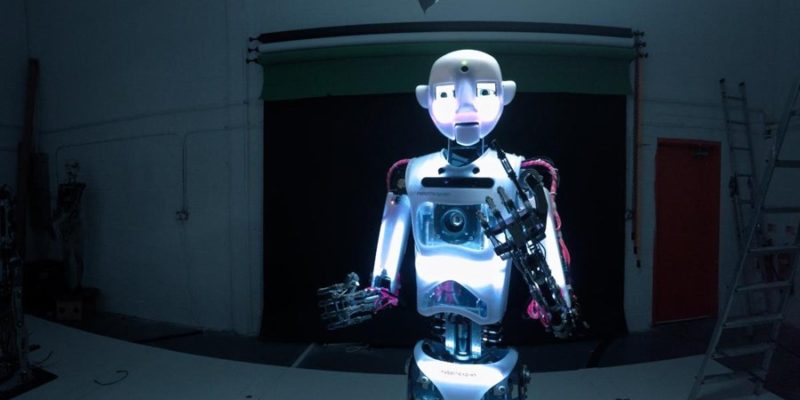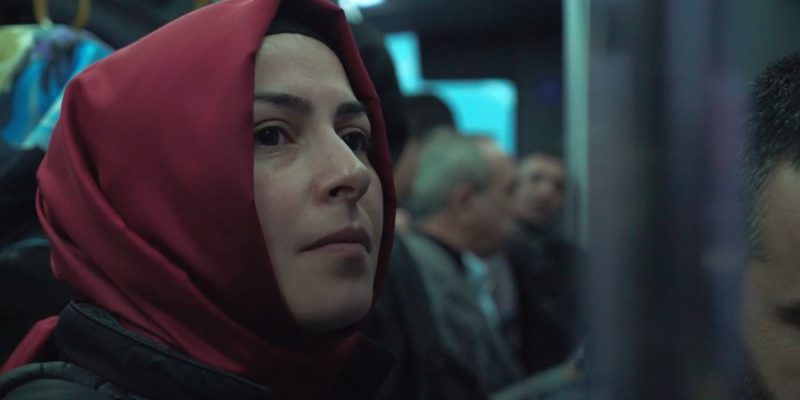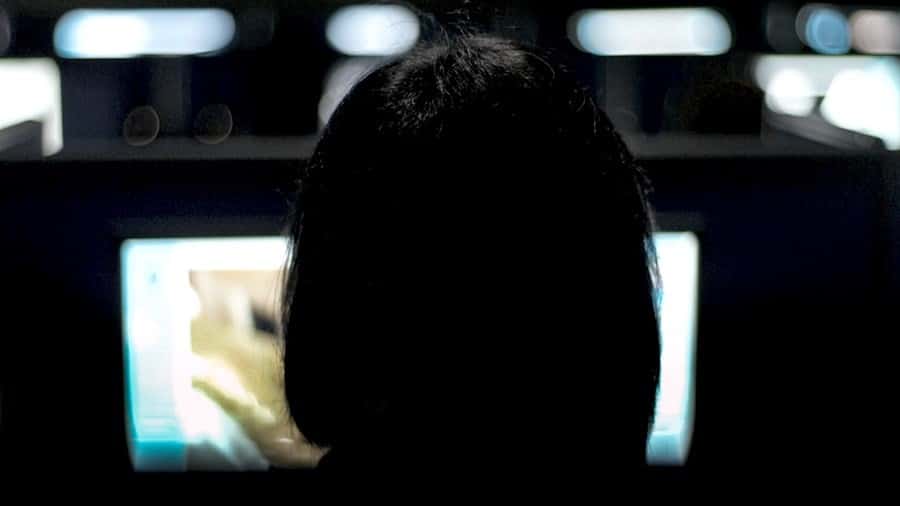In most democratic societies, there’s an assumption of free reign when it comes to our lives on the Internet.
What many of us may have forgotten is that someone is watching the comments, pictures, and videos we share on our social media, and that they have the power to ignore, or delete.
The Cleaners uncovers the world of those in charge of this monitoring – offices of men and women in Manila, The Philippines, working as social media moderators.
They see it all: Naked art of Donald Trump. Child pornography. Terrorist propaganda. Bombed cities. Racism and violence. Much of it is difficult to stomach for the average viewer in an hour-long sitting, much less as a 9-to-5 job.
The Cleaners is centred around the stories of the moderators, but it does more than document. It probes.
It asks questions of the compromise of democracy from materials on social media, and how websites like Facebook et al. may be contributing more harm to the world than is being accounted for.
At several points, it’s difficult to follow all the connections. These points feel as if they’re loosely tethered to the moderators’ stories, like an afterthought.
The main testimonies, however, anchor the film. They provide insight into a world never before see. Each moderator is a compelling narrator of their own lives, sharing anecdotes that are fascinating, but troubling. We come to understand how this work has affected them.
The stories that it brings make it necessary viewing.
The Cleaners screens for Hot Docs on Friday, May 4, 9:00 pm, at Revue Cinema.

A little while ago, Will Smith shared a video of him on a date with Sophia, a self-autonomous robot – and the first to receive a human citizenship.
It is a disorienting experience, albeit pretty entertaining, as the Fresh Prince flirts with Sophia the robot, and she matter-of-factly states that with each interaction with a person, she’s getting smarter.
More Human Than Human, explores a world where Sophias have already infiltrated our lives, in the form of artificial intelligence, and looks at what’s coming next in robotic advancements.
More than that, More Human Than Human asks questions of the future of humanity itself, as we’ve come to define it, and investigates our biggest fears about what the future of artificial intelligence will bring.
The film exposes the audience to a number of intriguing projects: a little robot girl, who keeps the company of lonely elderly people in the Netherlands, an acting robot, who recites monologue from Blade Runner and sings “If I Only Had a Heart” from the Wizard of Oz with uncanny human emotion, and artificial intelligence lifted directly from an episode of Black Mirror, that brings the dead back to life via text message, using their social media history.
More Human Than Human is a well-directed, cohesive body of work that’s not difficult to follow. It’s every bit as much of an exploration for science and tech geeks, as it is a philosophical adventure.
What does it mean to be human, and what does that mean in relation to the robots and artificial intelligence we’ve created?
What is it we want out of life and other people that we’re hoping to get from this technology? What are the real dangers?
More Human Than Human posits that as long as humanity’s intentions are focused on empathy and compassion, we can avoid making stories like iRobot into our reality.
More Human Than Human screens for Hot Docs on Saturday, May 5, 3:15 pm at the Hart House Theatre.

“None of us are getting any of these days back. They’re just gone.”
This fairly existential statement from Michael Monosky, was prompted by him sitting in traffic on the Los Angeles freeway.
This is what commuting every week day of his life has lead him to.
Rush Hour documents the lives of three commuters from different parts of the globe: Meltem Gündogdu, from Turkey, Estela Martinez, from Mexico, and Michael, from the United States.
They all commute to some of the busiest cities in the world: Istanbul, Mexico City, and Los Angeles, respectively.
The documentary is a quiet but tense look at their lives, dwelling on the issues of modern commuters around work, family and friends, the future and goals, and life itself.
We come to know and feel invested in the lives of these three adults.
We watch Meltem, a working woman who dreams of owning her own business one day, but regrets that her commute and work keeps her apart from her two young children most days.
Estela, a single mother with her own demons to battling, navigating a public transportation system the site of significant sexual violence against women.
Michael, who’s working to provide the best kind of life for him and his wife, dealing with deadlines, difficult business partners, and L.A. traffic that has him coming home late into the night.
Rush Hour is artfully shot and directed, each moment intentional, giving you vast, beautiful views of each person’s city, and intimacy in every respect, whether on an overflowing bus crossing the Bosphorus bridge in Istanbul, or alone in a small house in the Mexico State, having breakfast at 5:30 am.
As you watch our protagonists stare out the window of a city bus, at their reflection in a subway tunnel, or at the brake lights of a car they’re stuck behind, you may start to think: where are we all rushing to, every single day of their lives?
Rush Hour screens for Hot Docs on Saturday, May 5, 9 p.m., at Scotiabank Theatre 13.









